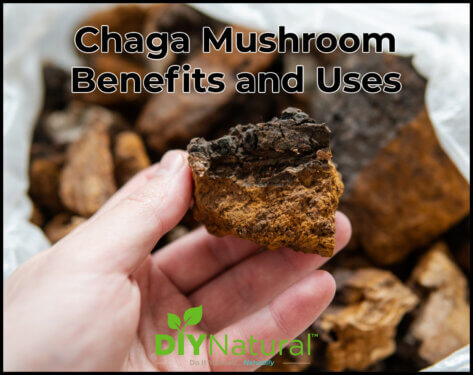
Recently I wrote a post that touched on gout briefly and found that it might be useful to do a more in depth examination of this problem.
What is Gout?
Red, hot and tender is how gout first presents itself. The ailment is the result of a buildup of uric acid in the blood. These crystals float around and eventually become trapped in a joint. It is similar to the way arthritis expresses itself in the body. The fact that gout routinely attacks the lower extremities is most likely due to gravity.
It is important to understand why you are suffering from gout. My father would have recurring bouts with this ailment for a time until I persuaded him to stop taking a prescription diuretic. One of the side effects of these drugs is to increase the urate level in the blood while asking the body to lower the water content through the kidneys. In my dad’s case, the drug wasn’t necessary and was prescribed as a precaution. There was no need to continue to take it. If you are taking a prescription diuretic that is actually necessary and are routinely suffering with gout, it might be time to look at a more natural diuretic option.
Besides medication, diet is always a factor. Those who suffer with this ailment often have a compromised digestion that is not handling fat properly. Kick your digestion into high gear with a bitters formula before each meal. Avoid improper fats such as hydrogenated oils. Avoid sugar, alcohol and caffeine as well. It stands to reason that if you reduce the amount of toxicity entering your body, there is less chance of unwanted residue floating around in your blood.
Natural Gout Home Remedies
Here are a few natural remedies that can provide relief for gout:
Cramp bark (Viburnum trilobum or Viburnum opulus)
This native viburnum is used medicinally for its bark. While it also helps the body by relieving muscle spasms, it is a specific for reducing the uric acid content of the blood. (Find cramp bark extract here.)
To make your our tincture, or tea, you can purchase cramp bark here.
Red Cherries
Known to contain a compound that helps to lower uric acid concentrations in the blood, it is easy to add red cherries to the diet. You may use fresh, dried, and even unsweetened “real” cherry juice for this purpose. (Find unsweetened natural cherry juice here.)
Nettles (Urtica dioica)
Diuretics are the first line of defense when it comes to gout. This class of herbs is tasked with helping the kidneys to be more efficient with their reduction of water in the body’s tissues and with the flushing of toxicity at the same time. When there are a large number of crystals in the blood, it suggests that the kidneys aren’t working as they should to perform this function. Nettles are a supreme diuretic and nutritive. In addition, there is a topical application of this plant that can be used by those willing to suffer a bit. The technique is called urtification. It requires access to fresh nettles. Pick them with gloves and then strike them against the bare skin where the gout is attacking. The stimulation of the skin and irritation of the capillaries will help to move any congestion out of the area in question.
It is indeed painful, but it works!
Arborvitae (Thuja occidentalis)
This shrub is used as a tea in which to soak the affected body part. It has been shown that a foot bath can very easily move the crystals out of the affected area and bring relief to pain and swelling.
Elderberry (Sambucus canadensis)
High in anthocyanins as well as Vitamin C and bioflavonoids, elderberries are an important anti-inflammatory source. They also act as a diuretic.
To ingest you can make elderberry tea, just mix dried elder berries with your favorite nightly tea. (Find dried elder berries here.)
*******




We always use and recommend using celery seed tea which is easy to make. Take a teaspoon of the seed (we buy it in bulk) and brew a teapot of tea in a four cup thermos. Let sit for a couple of hours and drink one to two cups – this clears up most gout in an hour or so. The celery seed ta is a diuretic so stay close to a bathroom for the rest of the day. Thank you for all your great posts.
M
I love reading your posts/ work; thoughtful, but concise with easy to follow instructions. You are a “go to first” spot for me!
You may have written on this subject on the past ; any help/relief for sufferers of plantar fasciitis? Have a pretty horrible & resistent case @ preset & would live a tip or2! Thank you .
I am always appreciative of the information on your site. Thank you. Recent studies regarding gout show there is a higher risk of cardiovascular disease like stroke associated with gout. Gout is often a sign of systemic inflammation and a poor diet and although symptomatic relief is needed, getting to the root cause of it is imperative. Gout cases also tend to increase during times of high temperature and low humidity, when dehydration is more likely, so keeping up with fluid intake is important. In some people the thirst trigger diminishes with age, so making sure you drink 6-8 glasses of water daily by setting an alarm or having a water bottle that you know you have to finish by the day’s end can be helpful.